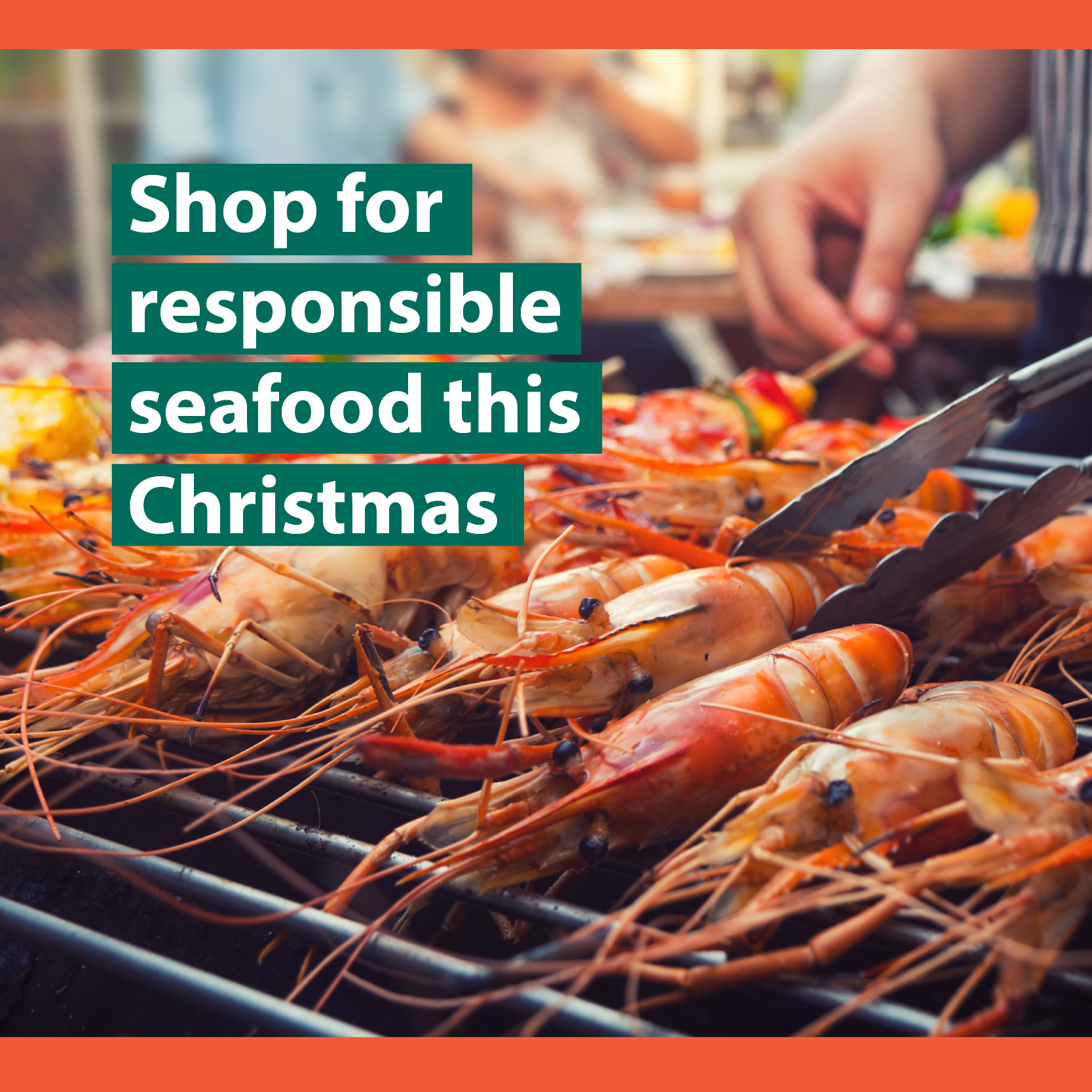
Romance Baiting Scams and Modern Slavery

Shop for Responsible Seafood this Christmas.

Balancing values with budget

A fun novel that gets you thinking

Celebration of William Wilberforce
On August 24, we celebrate William Wilberforce, whose tireless dedication birthed the abolition of slavery in the British Empire. His life’s work culminating in the 1833 Slavery Abolition Act, reshaped history and left an indelible legacy of justice and compassion.

Building a Stronger Response to Modern Slavery
The completion of the Modern Slavery Act Review marks a significant milestone in the fight against modern slavery. While the Act has transformed the landscape in Australia, the Review acknowledges that more needs to be done to protect those vulnerable to exploitation. The review presents key recommendations to enhance the Act's effectiveness.

AGROFORESTRY
Though cocoa has been a major driver of deforestation worldwide, it can become the reverse - an agent of re-greening around the planet.

TOXIC COCOA
Every year, an estimated 44% of all farmers and farm workers suffer acute poisoning by pesticides, that’s 350 million people, with many experiencing multiple incidents each season. Cocoa is no exception. Cocoa farmers and children are also exposed to these hazardous chemicals.

ASSESSING DEFORESTATION AND CLIMATE
West Africa produces 75% of the world’s cocoa, with Côte d’Ivoire and Ghana producing the lion’s share. In the last 60 years, these two African countries have lost around 94% and 80% of their forests, respectively, with approximately one-third of that forest loss to make way for growing cocoa.

CHILD LABOUR IN COCOA FARMING
For 23 years the chocolate industry has been aware of child labor in the growing of cocoa in West Africa and beyond. The worst forms of child labor include work which could harm children’s health or well-being and/or expose them to danger.

THE CHOCOLATE INDUSTRY'S WEALTH DISPARITY: HOW CAN WE FIX IT?
Chocolate is a multi-billion dollar industry, with some of the wealthiest and most powerful companies in the world profiting from it. However, many cocoa farmers, who produce the essential ingredient of the industry, still live in poverty and struggle to earn a living income.

THE SWEET TASTE OF TRACEABLE CHOCOLATE
The chocolate industry has a poor reputation for social and environmental issues such as farmer poverty, child labor, and deforestation. Without transparency and traceability, it's difficult to know if our favourite treat comes from sustainable sources. However, more brands and governments are taking traceability seriously, and collaborations are emerging to capture the traceability of all cocoa production.

Introducing our newest Board Member
Exciting news! Be Slavery Free is thrilled to welcome Irene Crowther as our newest board member. With her extensive experience in business and human rights, Irene will be a valuable asset in our mission to combat modern slavery and human trafficking worldwide.

Rana Plaza: ten years after the Bangladesh factory collapse, we are no closer to fixing modern slavery
Ten years after the collapse of the Rana Plaza building in Bangladesh, which killed over 1,100 garment workers, the global retail supply chain still struggles to improve the appalling conditions faced by workers. While initiatives have been launched to increase building fire and safety inspections and curb exploitation and forced labor, legislation aimed at tackling modern slavery is often weak, and numerous studies have shown that workers' human rights have not improved. Despite garment exports increasing over 35% since the start of the pandemic, wages and employee numbers have remained stagnant. Meanwhile, estimates suggest that the number of people in forced labor around the world has risen, indicating that modern slavery legislation is not having the desired effect.

Hold The Pesticides Please: Removing Nasty Chemicals From Cocoa Farming
What’s In A Chocolate Bar?
Cocoa, milk, sugar of course. What you won’t find within the ingredients list are the nasty chemicals often used in cocoa farming. It’s enough to make even the most loyal chocolate lovers among us lose our appetite.
For the well-being of people, planet, animals, and particularly cocoa farming communities, it’s critical that the industry encourages greener, cleaner ways forward.
On this blog we explore the use of harmful agrichemicals in cocoa farming and how chocolate companies can influence positive change.

Cleaner, Greener Chocolate: Why Agroforestry Is Better For People, Planet, and Farmer’s Pockets
Can we transform cocoa farming to be better for people, planet, and famers' pockets? Agroforestry may provide a way forward! Dive into the ways the chocolate industry can mitigate climate change and compensate for its dirty past on the blog!

In The Fight Against Climate Change, Chocolate Has A Lot To Answer For
Our love for chocolate seems to grow by the year.
However, the not-so-sweet truth is that to create space for new cocoa farms, the chocolate industry is fueling deforestation at an alarming rate, hitting the accelerator on climate change, destroying native habitats, and leaving a bitter taste in our mouths.

Chocolate should be enjoyed by children, not made by them
Increasingly, companies are fighting for children’s rights, establishing systems to prevent child labour. But there is still a long way to go.
On the Be Slavery Free blog we explore how companies can identify child labour, take action when it’s found, and prevent the risk of it happening in the first place.

Chocolate is BIG money, but many farmers are still living in poverty
Chocolate is a multi-billion dollar industry, with some of the wealthiest and most powerful companies in the world profiting from it. However, many cocoa farmers, who produce the essential ingredient of the industry, still live in poverty and struggle to earn a living income.

The (Not So) Great Chocolate Traceability Mystery
Do you know where your chocolate comes from? Unfortunately, approximately half of the cocoa we consume probably can't be traced back to the farmer that grew it. This lack of traceability can contribute to social and environmental harm, such as poverty, child labor, and deforestation. But there is hope. Many companies and governments are starting to take traceability seriously, and there are key steps that we can all take to create positive change. Find out more
